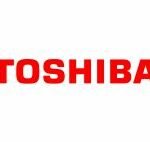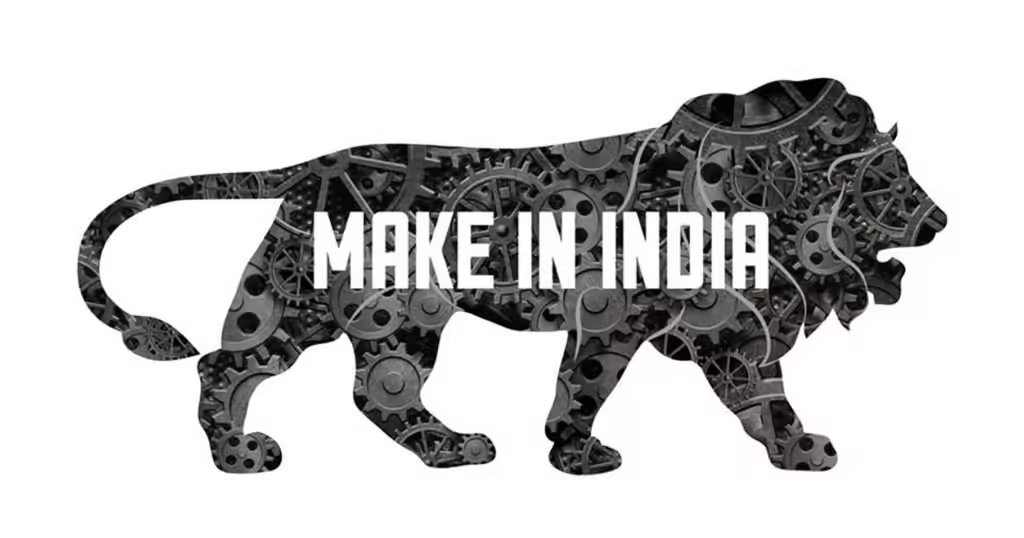Get a Quick Quote/info
Our Services
- ISO 9001 Certification
- ISO 14001 Certification
- OHSAS 18001 Certification
- ISO 45001 Certification
- HACCP Certification
- ISO 22000 Certification
- ISO 27001 Certification
- More Standards...
ISO/TS 29001 Certification | Quality Management for Oil & Gas Industry
ISO/TS 29001 is the international technical standard specifically designed for organizations operating in the petroleum, petrochemical, and natural gas industries. It defines the quality management system (QMS) requirements for design, development, production, installation, and servicing of industry-specific products and services.
Developed through collaboration between ISO and the American Petroleum Institute (API), ISO 29001 is based on ISO 9001 but incorporates additional requirements tailored for the oil and gas supply chain. It emphasizes defect prevention, waste reduction, and process consistency across the sector.
Given the high-risk nature of oil and gas operations, ISO/TS 29001 provides a unified framework that promotes product reliability, safety, and operational excellence. It is applicable to all suppliers and service providers in the industry, ensuring global standardization and stronger supply chain integrity.
ISO 29001 Certification - Principles
- Risk-Based Thinking and Defect Prevention
- Customer Focus and Regulatory Compliance
- Standardized Processes Across Global Operations
- Consistency in Product and Service Quality
- Auditability and Transparent Operations
- Operational Efficiency and Cost Control
- Supply Chain Assurance and Reliability
ISO 29001 Certification - Benefits
- License to operate globally in energy sector
- Enhances supplier credibility & market reach
- Better risk management & performance
- Ensures regulatory & contract compliance
- Streamlines operations, reduces waste
- Strengthens supplier partnerships
- Builds stakeholder & regulator trust
Why ISO 29001 Certification?
- A system for managing quality
- Improves efficiency and profit margins
- Proven to help win and retain
Enhances product and service quality in high-risk environments
Demonstrates commitment to best practices and international standards
Establishes consistency and reliability across the supply chain
Supports risk mitigation, safety, and performance improvement
Serves as a key qualifier for tenders and global trade contracts
For companies in the petroleum and energy sector, ISO 29001 certification isn’t optional — it’s often a gateway to business opportunities and stakeholder trust.
ISO 29001 Certification Process
Initial Gap Assessment – Identify current QMS status vs ISO 29001 requirements
System Planning & Development – Customize processes and documentation
Training & Implementation – Train staff, deploy procedures, and monitor performance
Internal Audit & Corrective Action – Address non-conformities and validate readiness
Certification Audit – Conducted by Gabriel Registrar
Certificate Awarded – Upon successful audit results
Surveillance Audits – Ongoing monitoring to ensure system improvement
The process ensures robust compliance with international best practices — crucial for high-stakes energy operations.
ISO 29001 Certification Cost
Certification cost depends on several key factors:
Organization size and scope of operations
Complexity of oil and gas activities covered (upstream, midstream, downstream)
Existing QMS maturity and ISO 9001 alignment
Number of operational sites and global locations
Need for internal training or external consultancy
Estimated Cost Range:
✔ Small-to-mid suppliers and contractors: $2,000 – $5,000
✔ Mid-size to enterprise organizations: $7,000 – $20,000+While the upfront investment may vary, ISO 29001 delivers long-term savings by reducing process variation, quality failures, and reputational risks — making it an essential asset in a competitive and regulated industry.
Reasons to get ISO 29001
Win more contracts by aligning with industry standards
Improve supply chain assurance and stakeholder trust
Reduce defects and downtime through preventive systems
Increase operational visibility and accountability
Position your brand as a leader in quality and compliance
ISO 29001 provides the oil and gas sector with a clear roadmap to quality, safety, and performance excellence
What is ISO/TS 29001?
ISO 29001 is a technical specification that defines QMS requirements for the petroleum, petrochemical, and natural gas industries — with a strong focus on defect prevention and quality assurance.
Is ISO 29001 based on ISO 9001?
Yes, ISO 29001 builds on the structure of ISO 9001 and adds sector-specific requirements for oil and gas supply chains.
Who needs ISO 29001 certification?
Manufacturers, contractors, and service providers in the oil and gas supply chain — from drilling and refining to transport and equipment suppliers.
Is ISO 29001 mandatory?
While not legally mandatory, many large energy contracts require ISO 29001 certification as a minimum qualification criterion.
What industries benefit from ISO 29001?
Energy, oilfield services, petrochemical plants, offshore operations, gas utilities, and related engineering firms.
ISO 29001 Certification in Dubai
Companies we've worked with













